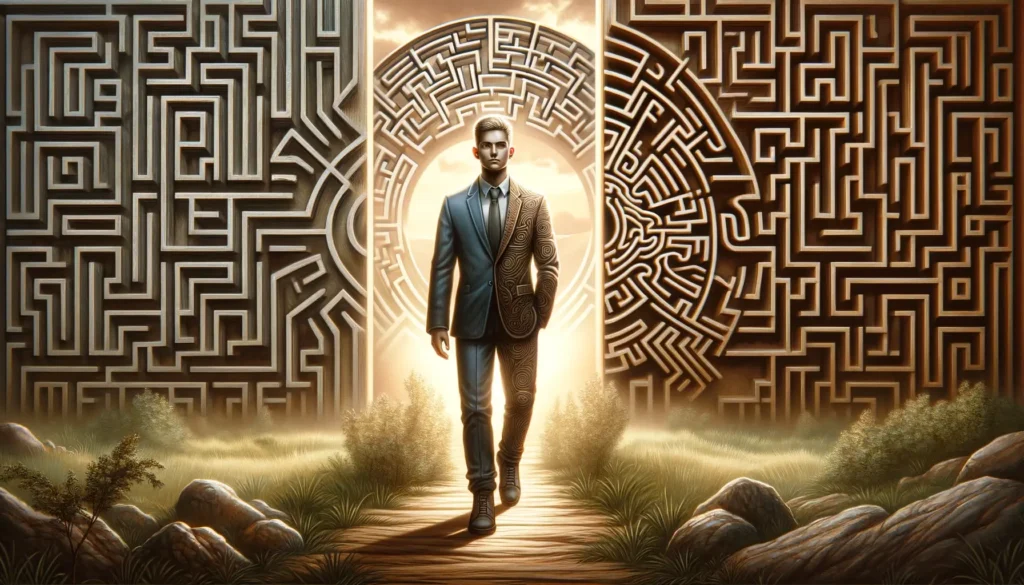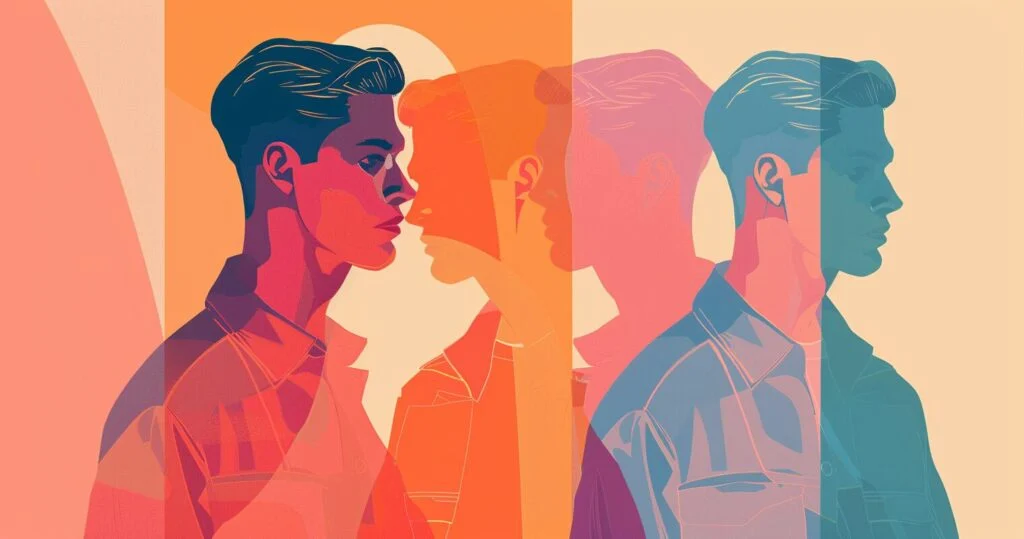The Modern Man: Evolving Concepts of Masculinity
Redefining Masculinity in the 21st Century
The concept of masculinity is evolving rapidly in the 21st century. Traditional ideals of masculinity, which often emphasize strength, dominance, and emotional restraint, are being reassessed. Modern masculinity embraces a broader range of traits and behaviors, reflecting a shift toward more inclusive and diverse understandings of what it means to be a man.

Moving Beyond Traditional Stereotypes
Traditional stereotypes of masculinity have long depicted men as stoic, aggressive, and emotionally reserved. These outdated norms can limit men’s self-expression and well-being. Today, there is a growing recognition that masculinity can encompass a wider array of qualities. Modern men are increasingly breaking away from these rigid stereotypes and exploring new ways of defining their identity.
Embracing Emotional Intelligence
Emotional intelligence is becoming a cornerstone of modern masculinity. Men are increasingly encouraged to express their emotions and practice empathy. This shift helps dismantle the idea that emotional expression is a sign of weakness. By valuing emotional intelligence, men can build deeper relationships and improve their overall mental health. Embracing emotions as part of masculinity contributes to a more holistic and balanced view of what it means to be a man.
The Role of Gender Equality
Gender equality plays a significant role in shaping modern masculinity. As society progresses toward more equitable gender roles, men are challenged to reassess their traditional roles and responsibilities. The push for gender equality encourages men to share domestic responsibilities, support their partners, and actively participate in conversations about gender dynamics. This evolving role fosters a more collaborative and supportive approach to masculinity.
Media and Cultural Influence
Media and culture are powerful forces in shaping modern masculinity. Contemporary media often portrays diverse and nuanced representations of men. This includes characters who are emotionally expressive, supportive, and engaged in non-traditional roles. These portrayals help broaden the understanding of masculinity and challenge conventional stereotypes. By showcasing a variety of masculine identities, media contributes to a more inclusive and realistic view of what it means to be a man.
Challenges and Opportunities
The shift toward modern masculinity presents both challenges and opportunities. Men may face difficulties in reconciling new expectations with traditional norms. There can be resistance to change, both from within and outside the individual. However, this evolution also offers opportunities for personal growth and improved relationships. Embracing modern concepts of masculinity allows men to develop a more authentic and fulfilling sense of self.
Building Supportive Communities
Creating supportive communities is essential for navigating the evolving concepts of masculinity. Support groups, mentorship programs, and online communities can provide spaces for men to discuss their experiences and challenges. These communities offer encouragement and validation as men explore new dimensions of their identity. Building connections with others who share similar experiences can help men navigate the complexities of modern masculinity.
The Path Forward
The future of masculinity involves continued evolution and growth. As societal attitudes shift, men will increasingly embrace a more inclusive and flexible understanding of their identity. This involves valuing emotional intelligence, supporting gender equality, and challenging traditional stereotypes. By fostering open discussions and supportive environments, society can help men navigate these changes and develop a more nuanced and positive view of masculinity.
Conclusion
The concepts of masculinity is undergoing significant transformation in the modern world. Moving beyond traditional stereotypes, embracing emotional intelligence, and supporting gender equality are key aspects of this evolution. Media representation and supportive communities play crucial roles in shaping contemporary masculinity. As men continue to explore and redefine their identities, they contribute to a more inclusive and authentic understanding of what it means to be a man.



